Published

Craig Brightly
Head of Sales at Trust Payments
The COVID-19 pandemic not only altered the way we work, travel, and communicate with family and friends, but it also altered the way we pay for goods and serv see more
- 06:00 am

THORChain, a non-custodial decentralized native asset protocol that enables wallets, decentralized exchanges (DEXs), and users to seamlessly transfer their digital assets across blockchains, has completed its integration with Trust Wallet, a leading self-custodial and multi-chain wallet provider.
This integration unlocks decentralized multichain swaps for the more than ten million active Trust Wallet users, who will gain access to all native assets compatible with THORChain including BTC (not wrapped or bridged), ETH, BNB, and BUSD. This partnership means that Trust Wallet users can trade native assets freely while retaining full ownership of their assets, a significant development as the crypto industry reappraises the value of self-custody following the collapse of a number of centralized service providers. Trading volumes accelerated considerably on the network in November, with over $2.1 billion in RUNE traded on the exchange.
Chad Barraford, Technical Lead at THORChain, commented, “Users are now more motivated than ever to capitalize on the benefits of self-custody. The latest market developments emphasize the importance of transparency and self-custody, features that are inherent in decentralized finance (DeFi). As the industry returns to the core principles upon which it was founded: transparency, decentralization and privacy, we are proud to join forces with Trust Wallet to make self-custody as accessible as possible.”
Roll-out of the integration is underway on Trust Wallet, limited to BTC, ETH, and BNB (BEP-2), and open to Android users on the latest version of Trust Wallet. Users on iOS will receive an update including THORChain powered swaps soon. THORChain support will be offered to over ten million active Trust Wallet users, providing decentralized cross-chain swaps on native assets. This integration vastly enhances the DeFi user experience, while affording users unbridled sovereignty over their assets.
Eowyn Chen, CEO of Trust Wallet, commented, “In a multi-chain crypto world, more decentralized, secure, and easier cross chain integration is necessary for user adoption of web3 services. I am very excited about Trust Wallet’s integration with THORChain protocol to pave an easy way for users to swap across multiple major blockchains while maintaining security and full ownership over their assets. It’s a good first step, and we will continue to increase more chain coverages and improve user experiences.”
Gavin McDermott, CEO of Nine Realms, commented, “Beyond the philosophical appeal of self-custody, people will use THORChain because it provides an excellent user experience and feature parity with centralized counterparts. The industry is finally demanding transparency and on-chain verification from trading venues—and THORChain provides unparalleled native asset infrastructure for exchanges, wallets, and protocols to meet the market. Through integrations with key players in the industry, like Trust Wallet, we unlock new trading and self-custodial opportunities for a diverse range of assets and users.”
Related News
- 07:00 am
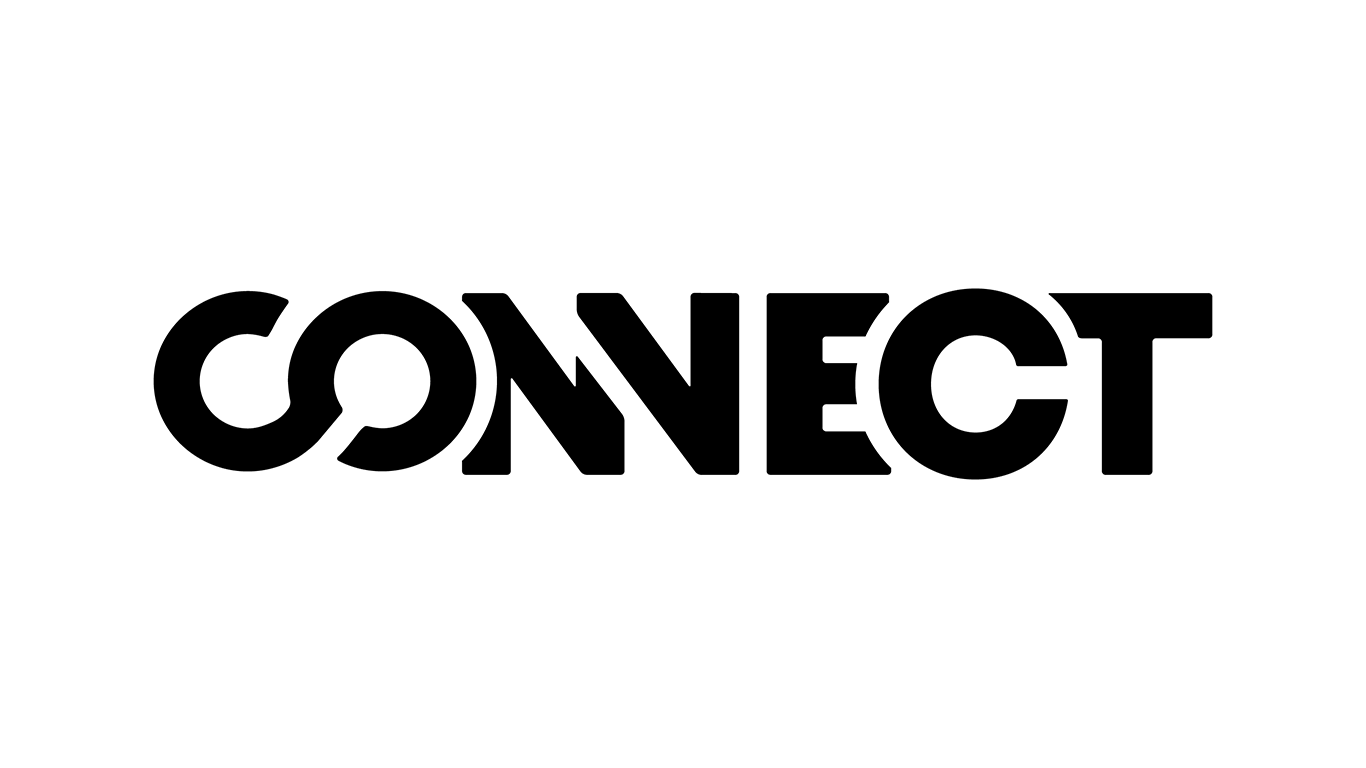
Connect Financial - a cryptocurrency financial Fintech platform, announces their crypto-backed credit cards are coming to the market.
With more than 320 million people using cryptocurrency globally and an expected global adoption growth rate of 10% by 2030 for Bitcoin (BTC) alone, there is no denying that cryptocurrency is quickly moving towards mainstream acceptance. Cutting-edge innovations in blockchain and artificial intelligence are ushering in dramatic innovations in the financial industry. The way we borrow money, access credit, make electronic payments and manage wealth are all in the process of being transformed.
For crypto users that want more from their financial holdings, Connect Financial strives to bring inclusion and innovation to the global financial ecosystem.
Connect Financial's crypto-backed credit cards have been designed to enable its customers to leverage the spending power of their crypto and access credit fully in their control without having to sell their digital assets. By doing so, crypto is no longer an intangible digital asset but rather becomes a part of their everyday lives and purchases.
Their elite card partner unlocks a whole world of benefits for Connect Financial cardholders to receive rewards from everyday purchases from over 30 million merchants across 210 countries. "Traditional finance has offered rewards to their users for decades, and we feel that crypto users are currently being underserved in this regard. With a Connect Financial membership benefits in conjunction with the elite network of rewards, our customers can select and enjoy from an array of luxury-based, travel-specific or lifestyle living perks - All powered with their crypto holdings," states Christo Brown, Product Director, Connect Financial.
Connect Financial has built its platform with its customers at its core to develop not only a product line but a user experience that exceeds financial services interaction expectations. "We've built Connect Financial so every customer will enjoy flexibility, customization, and control of their financial management in a frictionless manner. Whether customers want to get more from their digital assets or get the proper credit to meet their financial needs, our interface is modern and simple while putting our customers in the control seat of their financial goals. All while ensuring robust industry-leading security protocols and multi-layered authentication so many people expect and desire for their online financial transactions and holdings.", states CXO, Chantel Meeley, Connect Financial.
Connect Financial's exclusive pre-launch crypto-backed credit card waitlist is now live. You can sign up and be one of the first to obtain this reward-driven, revolutionary credit card.
Related News

Eddie Harrison
Co-founder and CPO at Paytrix
Networks upon networks are no longer acceptable see more
- 04:00 am
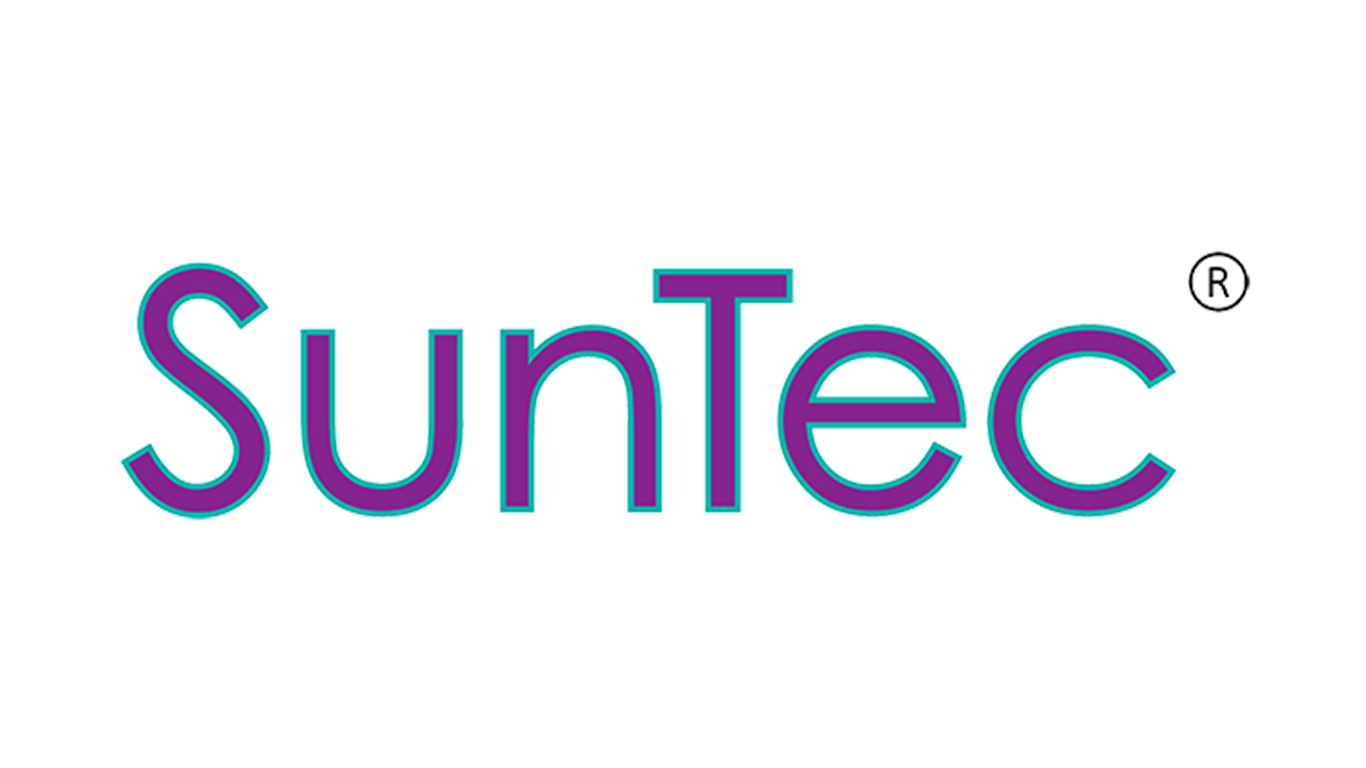
SunTec Business Solutions, the world’s #1 relationship-based pricing and billing company, has announced the appointment of Madhav Dabke as Vice President Banking Industry and Amit Bhat as Vice President Engineering & Technology.
Commenting on the new appointments, Nanda Kumar, CEO and Founder of SunTec said, “The industry experience and understanding that both Madhav and Amit respectively bring to SunTec will contribute significantly to further enhancing our product and delivery capabilities and unlocking our next phase of growth. Madhav has strategic domain focus in Banking and an ability to lead large, high-performing teams which is required as we accelerate our momentum to meet the demands of our customers across the globe. Amit’s diverse experience including Software and Engineering practices and delivery excellence is crucial for SunTec to anticipate and respond to industry trends and provide our customers with the best future-proof solutions.”
The appointment of Madhav and Amit comes at a crucial time when SunTec is scaling up its capabilities in the banking industry vertical significantly as well as introducing new engineering features into its product and building the next-generation platform to address use cases for multiple industries. All this is in the context of differentiating SunTec offerings in a highly competitive marketplace and delivering exceptional value to its customers.
Madhav will be responsible for defining the product vision and strategy to meet the needs of the banking and financial services industry globally. He comes with 25 years of experience across Product Development, Solution Consulting, IT Delivery Management, Strategy Consulting, and Human Centered Solutions. He has managed complex core banking transformations, legacy modernizations, ERP package transformations and digital programs for large, multi-complexity clients across geographies. He was previously associated with Infosys Limited as an Industry Principal – Delivery Leader in Europe and with Tata Consultancy Services as a Functional Consultant. He was a business banker for over a decade before joining the IT industry.
Amit will be responsible for the architecture, development, and maintenance of SunTec Xelerate software product line as well as head SaaS engineering, leveraging SunTec’s Xelerate SaaS Platform. He brings with him 20 years of experience in the IT Industry with expertise in driving growth through the Centre of Excellence construct for worldwide client organizations by leading delivery practices towards efficiency, innovation, and delivery excellence. Prior to undertaking responsibilities at SunTec, he was associated with IBM India as a Senior Delivery Manager and Wipro Technologies as a Project Manager.
Related News
- 01:00 am

ASA is an embedded fintech solution that connects financial institutions with customer-facing fintechs in a secure, compliant and easy-to-implement marketplace. The company today announced that $1.2 billion asset University Credit Union has partnered with ASA to enable quicker innovation and empower members with greater control over their data and finances.
Los Angeles-based University Credit Union supports employees, students and alumni of universities across California, providing the services needed to enhance their financial wellness. By partnering with ASA for collaborative banking, the credit union will be able to connect members to a community of fintechs, delivering new capabilities in a secure way. ASA eliminates liability and risk by tokenizing, normalizing and anonymizing all member information before it’s shared with any fintechs, allowing members to safely and easily try out new technology.
“Our credit union strives to lead with innovation, and partnering with ASA enables us to bring a wide range of fintech options and offerings to our members at once with optimal security,” said Estela Nagahashi, EVP and chief operating officer of University Credit Union. “With ASA, members will have greater choice for which technology they want to try and deeper control over when and with who to share their information with. Plus, ASA’s collaborative banking model enables us to remain the hub for our members’ experiences, deepening engagement and relationships.”
ASA acts as a single integration point between financial institutions and fintechs, either through the institution’s core, online provider or data aggregator. By solving the one-to-one integration pain point, ASA is enabling personalization at scale by allowing members to choose and download the niche apps they crave without diluting the relationship with the credit union.
“University Credit Union serves a tech-savvy member base, and they recognized the need to keep up with the rapidly accelerating pace of innovation without exposing members to risk,” said Landon Glenn, CEO and founder of ASA. “With ASA, the credit union is providing the modern technology and comprehensive features members expect, all within a seamless, credit union-centric ecosystem. We are proud to partner with leaders like University Credit Union as they continue to prioritize and enhance the member experience.”
Related News
- 07:00 am
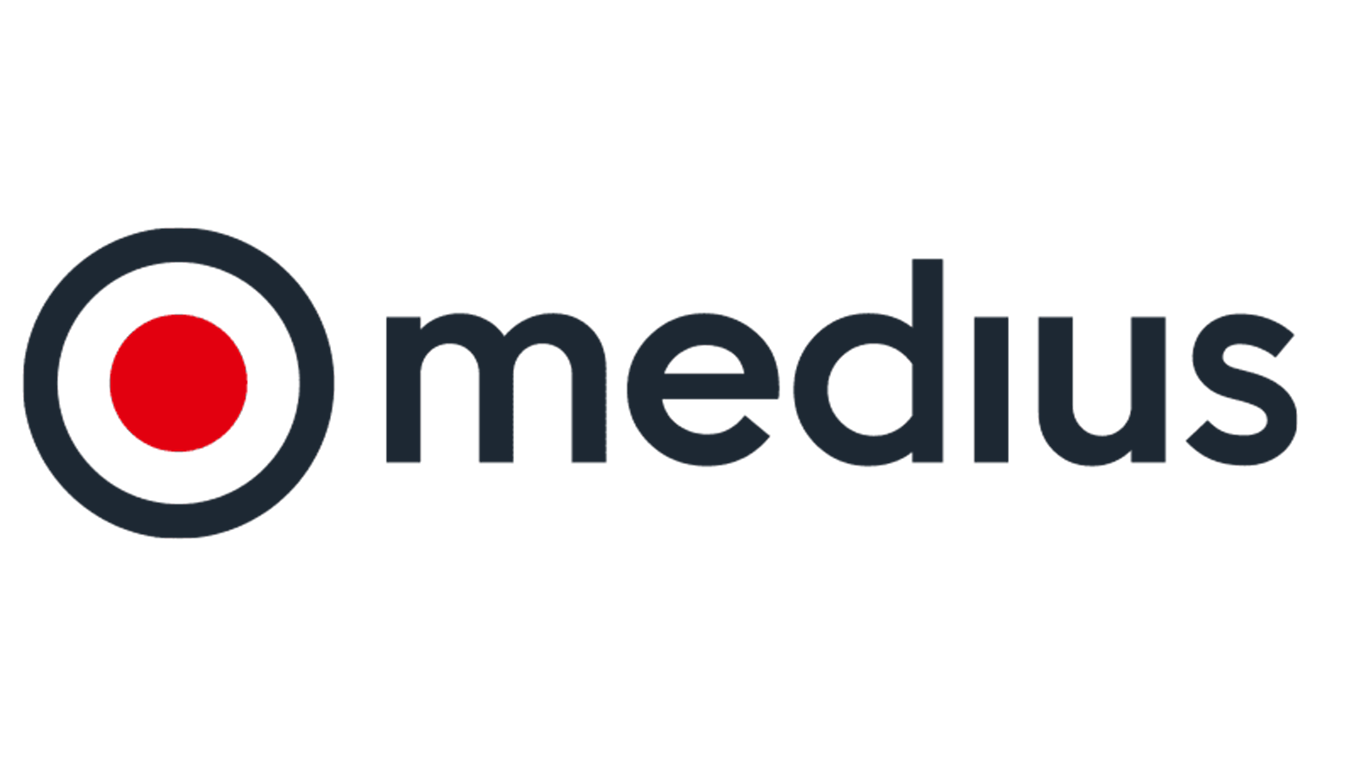
Medius, a leading provider of AP Automation and spend management solutions, today announced that its Medius Procurement SuiteApp has achieved the ‘Built for NetSuite’ status. The new SuiteApp, built using the Oracle NetSuite SuiteCloud Platform, helps organizations eliminate maverick spending and extends existing procure-to-pay functionality in NetSuite to improve supplier relationships and buyer experiences.
“Many businesses are seeking cost-effective and time-saving solutions, particularly at a time of rising inflation,” said Matt Rhodus, VP of Business Development & Strategy at Medius. “Medius Procurement for NetSuite gives organizations greater visibility into their spending and helps find savings, eliminate fraud, and reduce risk. The combined capabilities of NetSuite and Medius help finance departments improve operational efficiencies with a full audit trail of all approvals, purchases, receipts, and invoices.”
The Medius Procurement SuiteApp leverages NetSuite’s integrated business system to manage supplier master data and financial account details. Approved purchase orders are automatically reflected in NetSuite to provide real-time commitments for financial planning, reporting, and analytics. With NetSuite, organizations gain greater visibility into spend and the ability address potential bottlenecks in the purchasing process.
“As the global economy is seeing multiple disruptions, companies are seeking to more closely manage their vendors so they can fulfill customer demand and manage spend within tighter budgets,” said Guido Haarmans, group vice president, SuiteCloud Developer Network and Partner Programs, Oracle NetSuite. “This new SuiteApp extends our robust solution for procurement and helps NetSuite customers improve visibility and control of spending across their entire organization.”
Built for NetSuite is a program for NetSuite SuiteCloud Developer Network (SDN) partners that provides the information, resources, and methodology required to help partners verify that their applications and integrations meet NetSuite standards and best practices. The Built for NetSuite program is designed to give NetSuite customers additional confidence that SuiteApps, like Medius for NetSuite, have been built to meet these standards.
Related News
- 03:00 am
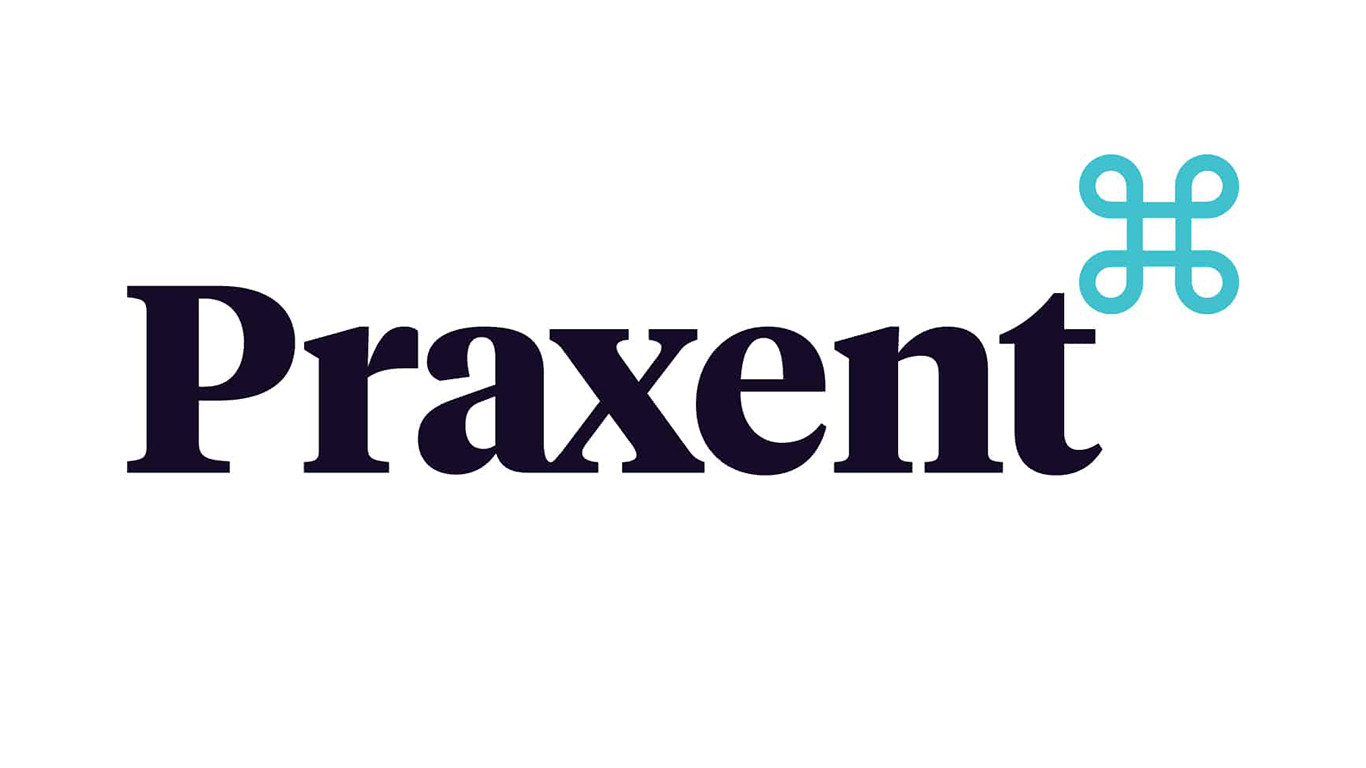
Praxent, a fintech product agency with more than two decades of experience, today shared trends expected to most significantly impact the financial services industry next year. These trends include:
The industry will become more customer-centric, creating new value for consumers. For example, there will be a new wave of innovation that is based around self-sovereignty, delivering greater privacy and control to consumers. Customers will have more control over their data and gain the ability to make their tokenized information open to different financial services providers, allowing them to shop for the best offers and services anonymously. This will increase competitive pressure for financial services providers, causing them to prioritize customer centricity to stay relevant.
The community bank playbook is also evolving with an eye toward customer-centricity. Neobanks as well as established community financial institutions are launching brands that empower account holders to align their identity with their financial lives. For example, consider Greenwood, the bank for African Americans; and FurSure, the bank for pet owners.
On the surface, it could appear that the industry is simply shifting from a geography-centred playbook (where the battle was won primarily based on the proximity of bank branches and the strength of community ties) to a model where identity alignment is the decision driver. However, the shift goes beyond that. New competing factors (aka value dimensions) are being added into the mix, fundamentally changing the rules of the game. The decomposition of financial technology into programmable building blocks, powered by APIs, is enabling this shift at an accelerating pace.
There will be a move from open banking to open finance. The same competitive pressures we have seen in community banking over the past several years are expanding into new areas, such as insurance and wealth management. Insurance policies for example, will become open, transferrable and more personalized, which will in turn drive down costs. This shift will empower customers with the tools to find home and auto insurance policies that better fit their needs at a lower cost. However, such a trend also puts pressure on the insurance industry, reducing profit margins due to increased competition and a reduced cost of switching for customers. Businesses will need to determine how to remain competitive in response. Such a shift will benefit consumers as it reduces the friction in key financial journeys.
A changing interest rate environment will cause more banks to pursue sponsor banking strategies and prioritize small business banking innovation. While interest rates were low, many banks sought non-interest rate income. Now that interest rates have increased, lending has become profitable again. However, in order to lend, banks need deposits. Next year, it’s going to become more difficult to gain deposits as banks compete by paying more for new deposits through higher interest rates to account holders. This makes sponsor banking a relevant and appealing strategy because it represents a way to effectively grow deposits without as many operational and fixed costs as physical branches.
As this trend continues, expect to see increased regulatory oversight focused on sponsor banking, making it more challenging for new entrants to stand up Banking as a Service offerings. However, there is significant potential for those who succeed; a sponsor bank strategy will further accelerate the innovation of fintech products that offer more human-centred value propositions to consumers and businesses alike.
The interest rate environment will also drive innovation within small business banking, particularly focused on digital self-service. While this group has historically been overlooked by community financial institutions because they are more complex to serve yet aren’t much more profitable than an average consumer, small businesses are gaining attention now because they represent a strong way to grow deposits. However, instead of generalized banking solutions in a stand-alone banking portal, expect to see verticalized solutions that embed commercial banking within enterprise software applications targeting specific niches.
There will be an unbundling of legacy core banking and investment technology. The future of core banking and investment technology will increasingly resemble a suite of composable building blocks that can be assembled to create fresh value propositions. As a result, many legacy products will be sunsetted in the coming years. While this may provide a short-term hassle for institutions, it will ultimately be positive for the industry as a whole as the trend eases integration burdens and unlocks wider innovation.
“As the industry adopts data standards and competitive pressures build, financial services companies will be challenged to think differently about how they deliver value and differentiate next year,” said Tim Hamilton, CEO and founder of Praxent. “There will be a heavy emphasis placed on achieving positive unit economics, leveraging technology to lower the cost to serve existing customers while optimizing the acquisition of new ones. However, this can only be accomplished by delivering a differentiated digital experience with the right strategic focus. Those financial services companies that embrace this challenge will be well positioned to prosper next year and beyond.”
Related News

Luke Trayfoot
Chief Revenue Officer at MANGOPAY
In 2023, fintechs need to prioritise providing merchants with sophisticated fraud detection and prevention capabilities to effectively secure the growing marketplace ec see more
- 04:00 am
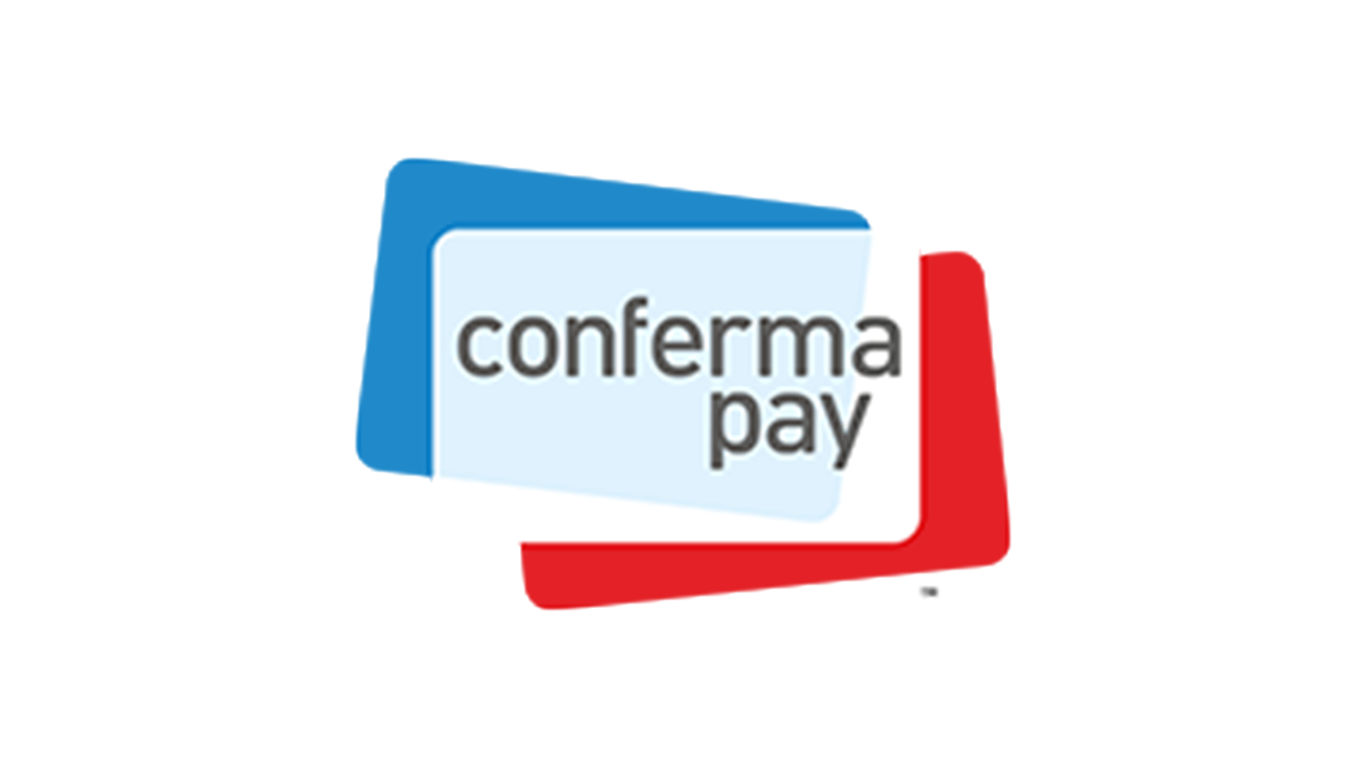
The business travel industry has embraced virtual payments over recent years, which see hotel bills settled using virtual cards, with payment made directly from the employer’s bank. The approach removes the need for employees to pay with their own method before reclaiming through an expense report, drastically simplifying back-office finance administration and providing companies with the ability to better control travel spend.
Some hotels have experienced problems accepting virtual cards at the property, slowing adoption of virtual payments across the industry. Historically, virtual card numbers were sent to the property using legacy methods like fax, with front desk staff required to manually input card details in order to make the payment.
But, contrary to widely held industry perceptions, new data from virtual payments leader Conferma Pay shows this historic problem has largely been solved, with fax representing just 8% of all virtual card communication between 01 June and 01 October this year. In fact, fax’s share of virtual card communication has fallen from 13% to 8% during the course of 2022.
David Wood, Chief Product Officer, Conferma Pay said: “Companies, travellers and TMCs all prefer virtual payments but there’s always been the achilleas heel of hotel acceptance. Training for hotels has improved the situation but it’s really the move away from fax, to new methods like secure email and APIs, that mean hotel acceptance is no longer the barrier it once was.” He continued: “We hear commentators citing hotel readiness as a reason not to modernise payments, which is why we’ve decided to break with tradition and share our own data.”
Across all the virtual payments made via Conferma Pay since June 2022, around 95% were successfully received by the hotel, without the need for manual intervention. Fax was responsible for 80% of the failed communications seen during 2022. But when hotels used the Conferma Connect service to select their preferred communication route, typically secure email or API, 99.33% of virtual cards were successfully communicated to hotel properties.
Wood added: “If you’re a hotel that serves business travellers or works with Online Travel Agencies, then it’s increasingly likely your customers and partners will make payment with a virtual card. It’s quick and easy to register with us, so we can send virtual card details digitally. If the growth of secure email and APIs continues, we could see fax phased out completely within two or three years.”
Significant work is still required in the US where fax remains the primary communication method for virtual cards, representing 42% of all virtual card communication in the first half of the year. Consequently, only 93% of communications in the US are successful without manual intervention, 2% lower than the global average.









